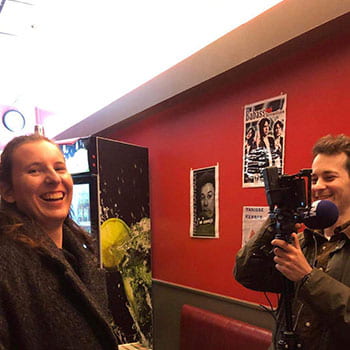
Introduction à l’ethnographie (PGE)
The ethnographic approach produces a detailed knowledge of contemporary socio-cultural phenomena through fieldwork. Formerly the prerogative of anthropologists who visited so-called exotic cultures to describe and study life in different, often remote, parts of the world, contemporary ethnographic fieldwork brings a new and empirical look at the society in which we live. It is based on a meticulous and committed immersion of the ethnographer in the field setting.
This offers an introduction to the practice of fieldwork and provides a “how to” of ethnographic research. By conducting picking a fieldwork site of their choice and conducting an ethnographic project, students work toward providing empirically grounded explanations of the meanings people imbue in their practices and interactions. They learn to empirically question taken-for-granted assumptions about everyday life, develop a sensitivity for the unexpected, and a certain ability to establish social relationships while stepping out of their comfort zone to be able to integrate and study different social groups. In particular, the course aims to:
– Familiarize students with the ethnographic tradition and its methodological tools such as interviews, participant observation, as well as with those of digital ethnography and social networks.
– Illustrate the use of these tools based on examples from the fields of fashion, finance, work, crafts, social entrepreneurship, and drug consumption, in near and far societies.
– Allow students to imagine and carry out their investigation on a subject that is familiar to them to confront the realities of fieldwork and these actors.
Examples of land from previous years: Invisible workers (Maids), illegal parties, religious “cults”, anti-vaccine activists, stand-up comedians, street musicians, CBD users, and bakers.
Instructor: Guillaume Dumont
